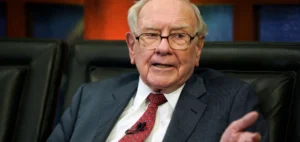The controversy surrounding lithium mining takes a new turn with the intervention of Rio Tinto. Rio Tinto has taken legal action against a government decision, highlighting a complex conflict between economic interests and environmental concerns. However, Rio Sava Exploration, a subsidiary of Rio Tinto, has launched four legal actions. These lawsuits, filed at two separate times in 2022 and 2023, challenge the government’s decision to suspend the lithium mining project in the Jadar Valley.
Serbian government response and political tensions
Rio Tinto’s refusal to comment on these legal proceedings adds a layer of mystery to an already complex situation. However, this reticence contrasts sharply with the transparency usually expected of public companies, especially in matters of this scale.
Environmental Impact and Citizen Mobilization
The background to this case is as rich as it is controversial. In January 2022, the Serbian government abruptly terminated Rio Tinto’s plans to exploit one of Europe’s largest lithium reserves. This decision followed a series of public protests. Thousands of demonstrators voiced their opposition by blocking major roads, including freeways in Belgrade, underlining the environmental and social tensions caused by the project.
Lithium at the heart of the Energy Transition
The protests highlighted environmental concerns, including potential impacts on the local ecosystem. Environmental associations, despite having won an apparent victory, continue to mobilize, doubting that the project will be stopped once and for all. Meanwhile, Serbia continued to explore strategic partnerships in the battery and raw materials sector, including lithium, essential for the global energy transition.
The position of Serbian President Aleksandar Vucic, expressing regret at the cessation of lithium mining, adds another political dimension to the affair. His statements reflect the complexity of the economic, political and environmental issues at stake.
Rio Tinto’s case against the Serbian government raises crucial questions about the balance between economic development and environmental preservation. As the legal battle continues, it offers an insight into the global challenges facing governments and businesses in the era of energy transition. This conflict illustrates the complexity of political and economic decisions in a world in search of sustainable solutions.






















